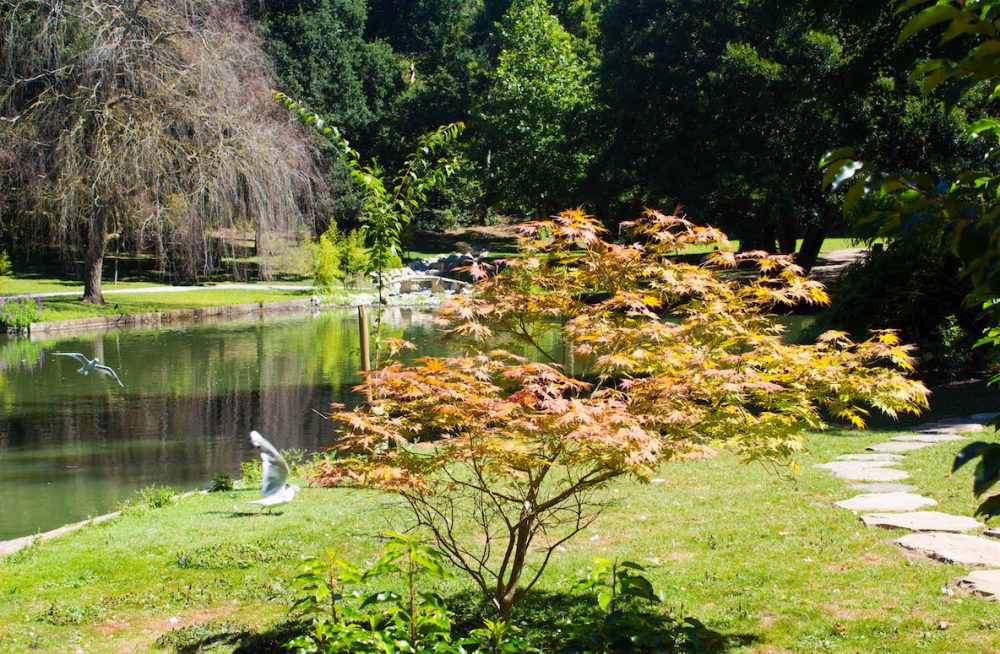I’ve noticed impatience creeping in in several areas and I wonder what that says about us. As a counsellor I need to be patient with my clients as developing trust or bringing about healing takes time – there is no cheat.
3 examples of our struggle with waiting:
- I enjoy listening to review shows and am pleased that they do give notice if they are about to reveal too much by signalling “spoiler alert”. Last week I was listening to a very reputable review show podcast where John Hamm of Mad Men was being interviewed. The whole point seemed to be to guess as much of the future of the show as possible. By the end of the interview I knew how many series might be ahead and what the ending screen shot might be. Try as I might I can’t now get this image out of my head. It was totally unnecessary. The interviewer was obviously not a fan and someone who had researched the series and probably feels they could write something similar.
- Sometimes even if we don’t seek the information before hand we might get it anyway. I am tired of hearing on the news that someone important is going to give a speech tomorrow and this is what will be said. When I have a vote to impact the future then let me know otherwise I can wait until tomorrow to find out. More recently we had that with the budget. (As it happened being given so much information beforehand meant that people were more alert to what had not been leaked). It does raise the question as to when we engage with what is going on: before it happens based on expectation or after it happens based on reality?
- My third example is the publication of the report looking into the causes of last summer’s riots. I was surprised to hear on BBC’s Newsnight that the report’s authors would not be joining the discussion because of their anger that it had been leaked. The panel was good enough but that did not seem to be the point. Here is a report that has taken so many months and effort to explore all the possible causes of a very unusual and sad incident and it’s been snatched out of those who did the work. It’s like designing, making and packaging a most original gift and having a stranger break open the wrapping and rummaging inside. It is such a difficult exercise anyway because many people do not wish to know what caused it they just don’t want it to happen again. We all have our preferred perspectives that blame individuals, families or society for problems. Wouldn’t it be great if we could demonstrate delaying gratification rather than a ‘must have it now’ approach? I hope the report is given the attention it deserves by all of us and look forward to hearing from the people who carried out the research.
A recent award nominee shared how angry she was when someone asked about her acceptance speech. She wanted to enjoy the glow and excitement of being nominated. I hope that more of us can develop an ability to wait and hold uncertainty. What do you think? Do you always want to know what is coming up or would you like to be surprised when things happen?

I agree that, as a society, we seem to have lost the ability to wait. We’re like a child that can’t delay their gratification and wants the sweet ‘right now’. In therapy we need to remind our clients (and ourselves!) that change takes place over time, often almost imperceptibly. It’s often only when we look back a year or two we can begin to see how we have changed.
I totally agree Patrick, it’s when we look back we see how far we’ve travelled even though it seemed slow at the time.